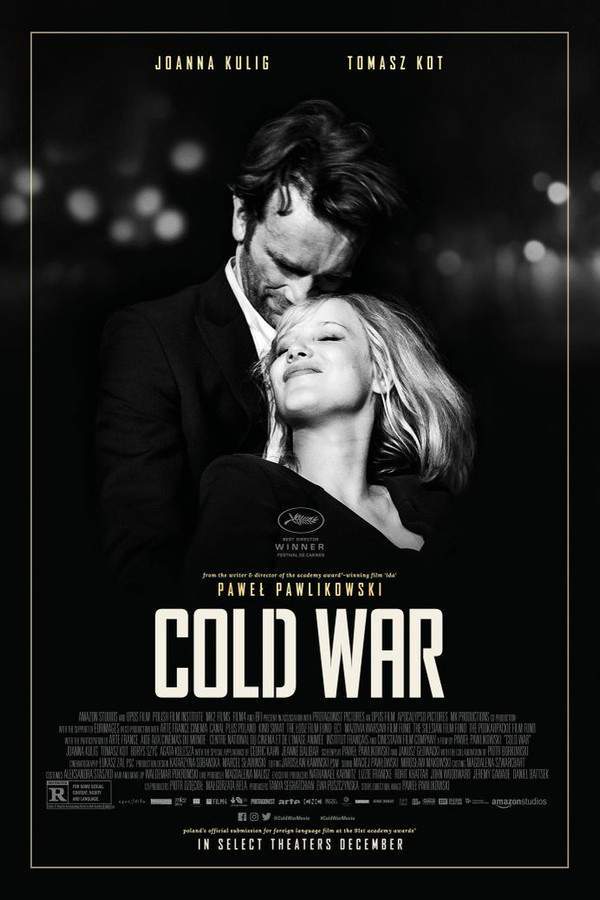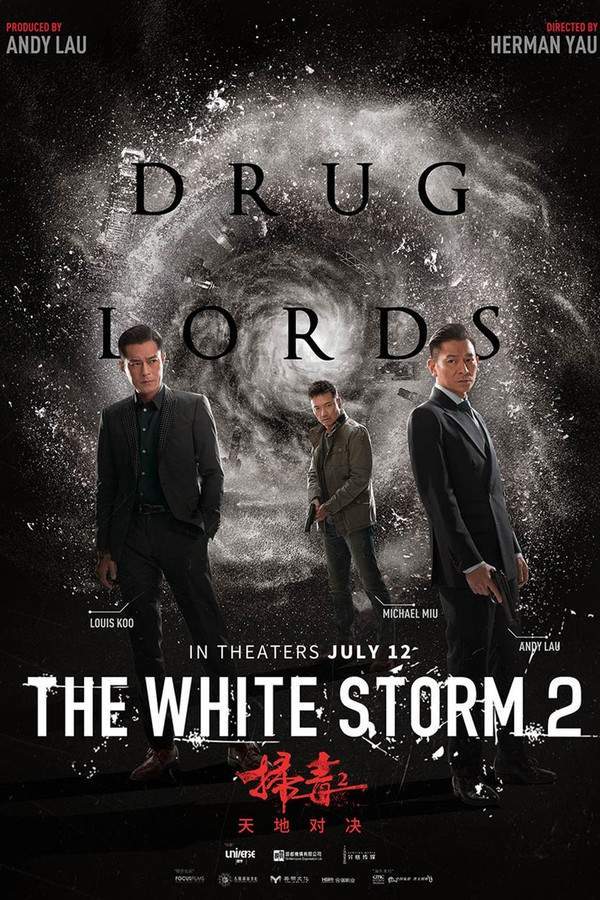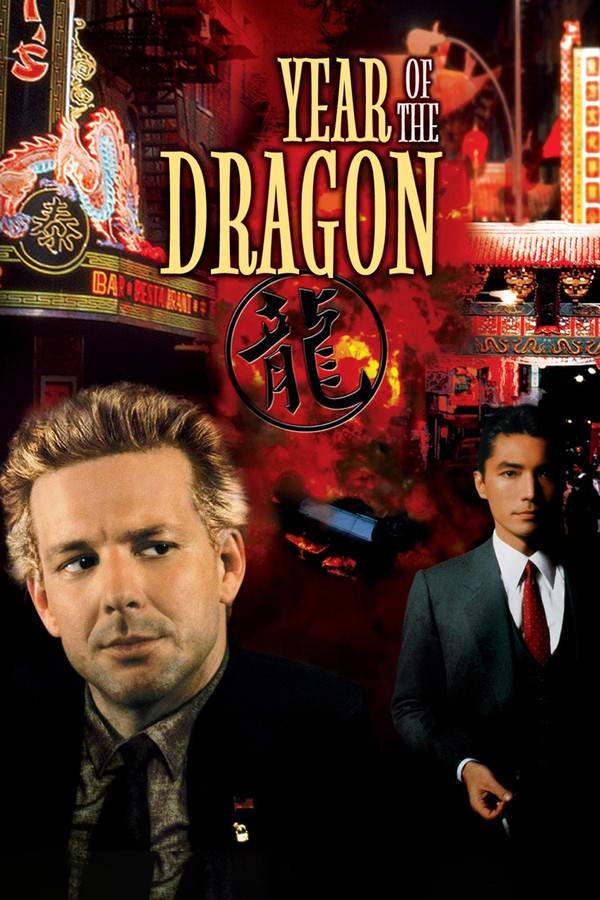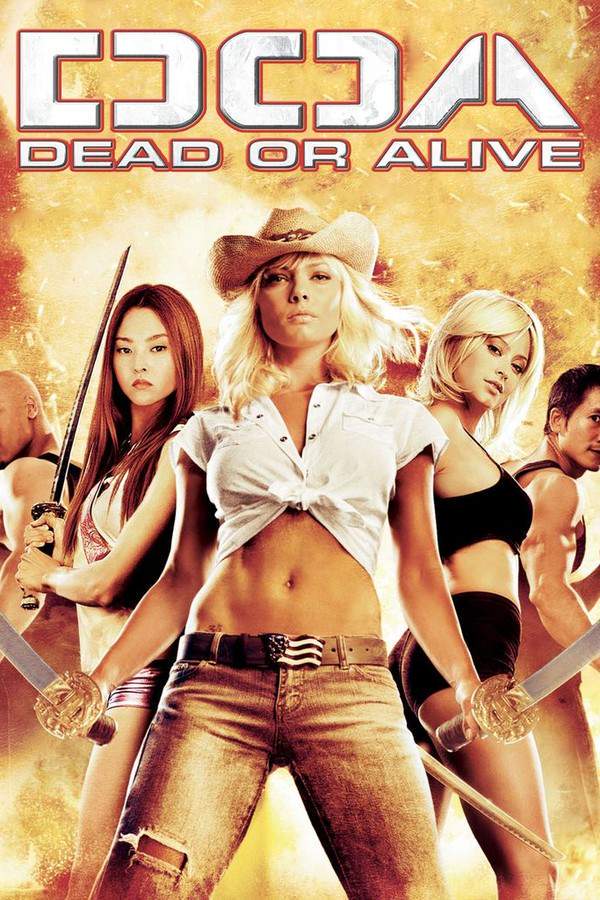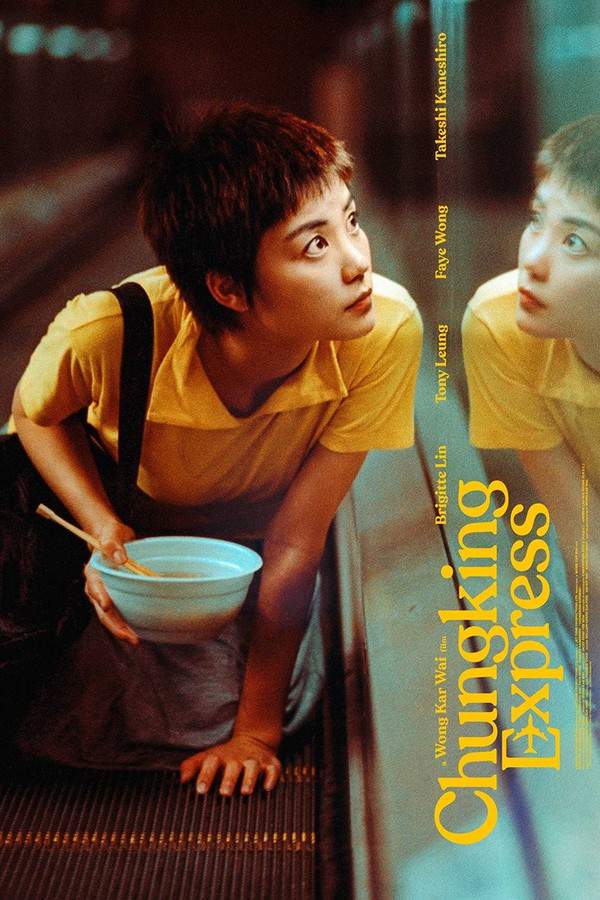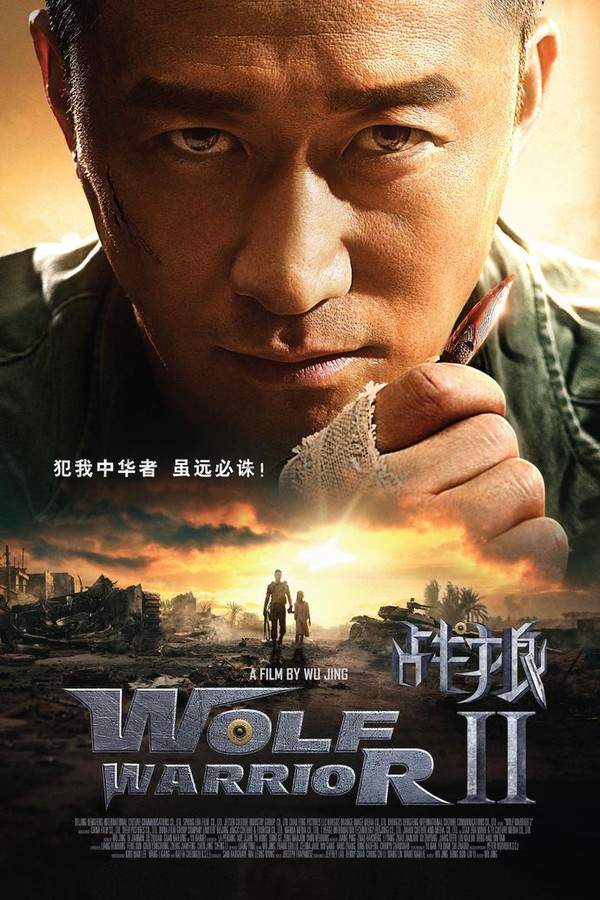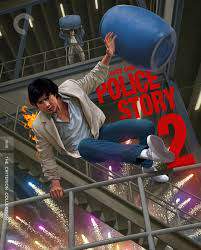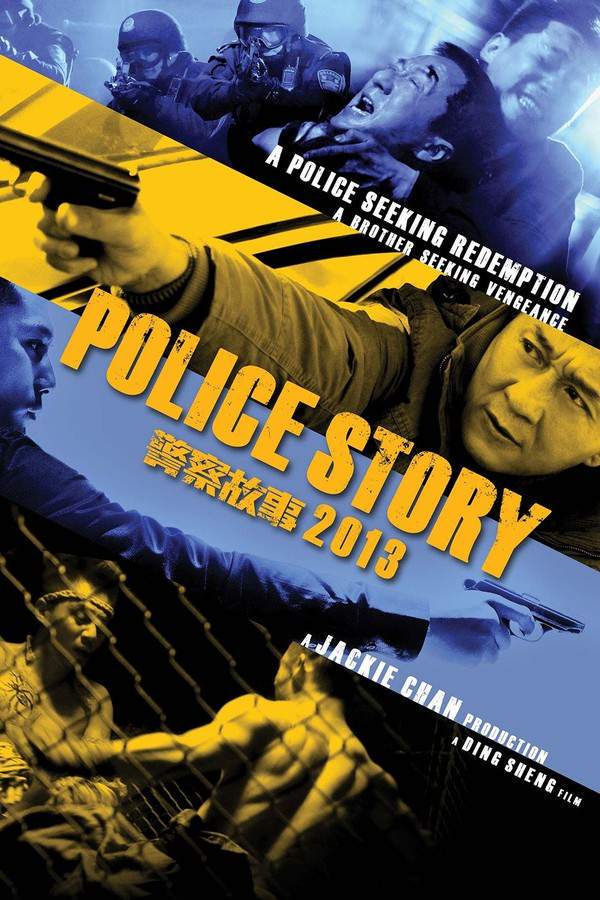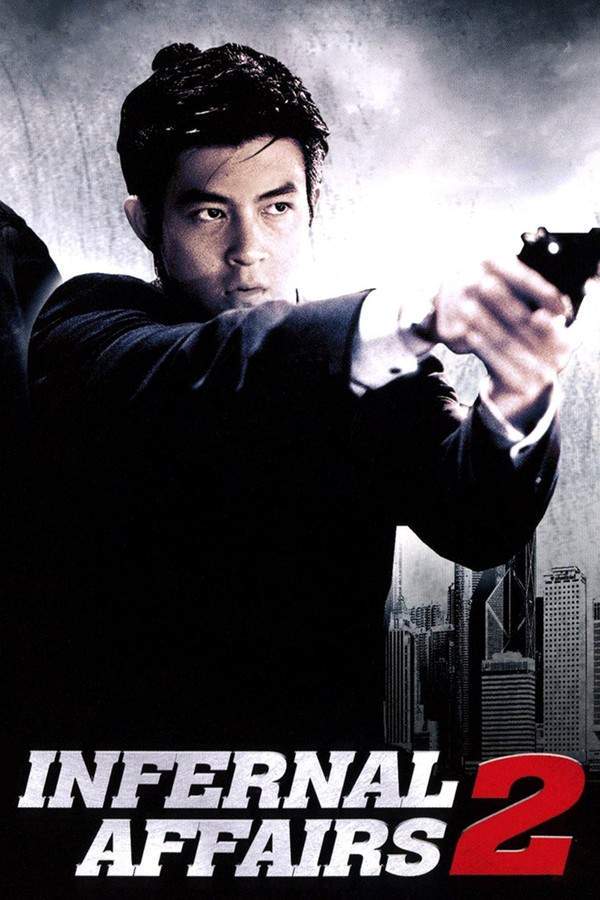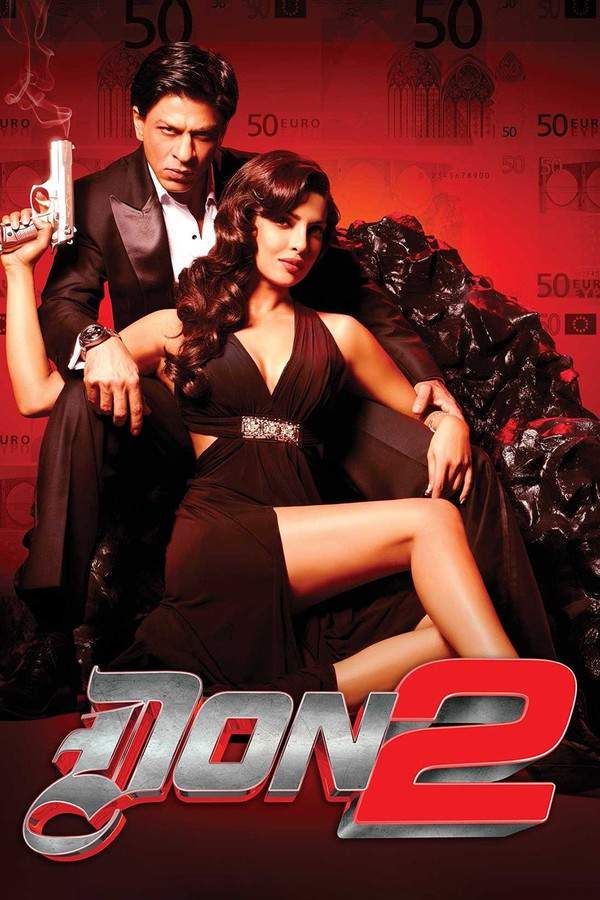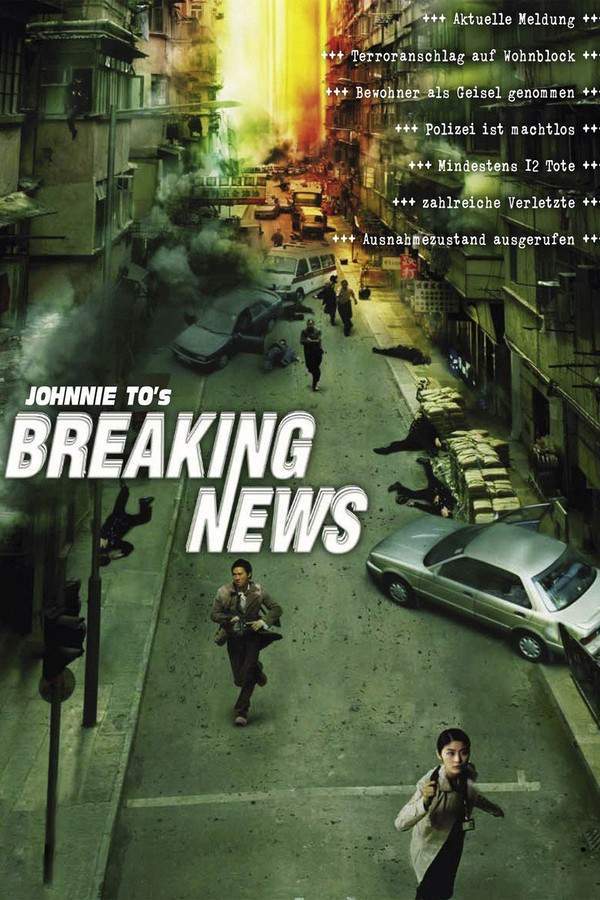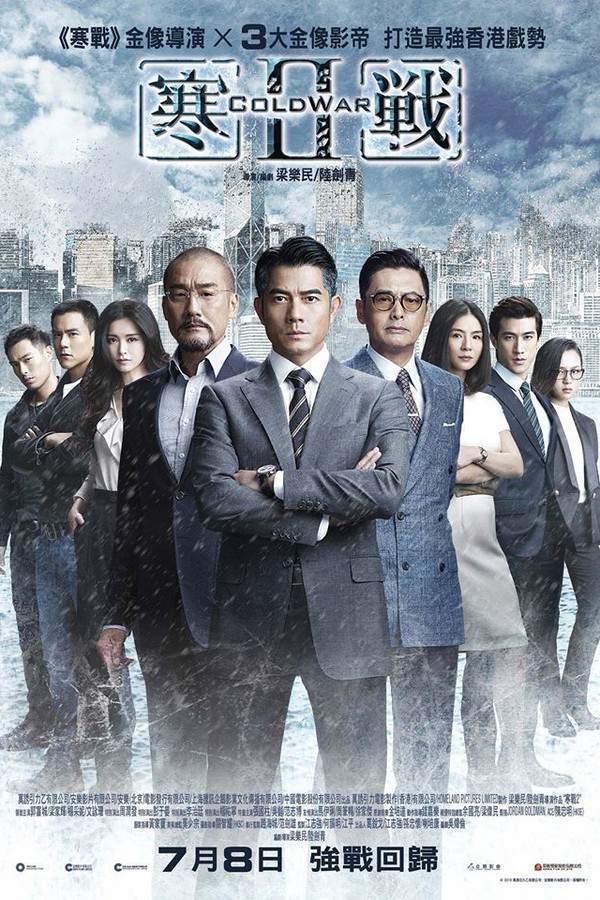
Cold War 2 2016
Directed by

Kim-Ching Luk
Made by

Well Go USA Entertainment
Cold War 2 Plot Summary
Read the complete plot summary and ending explained for Cold War 2 (2016). From turning points to emotional moments, uncover what really happened and why it matters.
In Poland 1949, the remnants of World War II cast a long shadow over the landscape as a trio embarks on a cultural journey. Comprising the music composer and pianist Wiktor, the dance choreographer Irena, and the manager Kaczmarek, they traverse the Polish countryside, seeking to capture the soulful essence of folk songs and dances. Encountering numerous locals, they record traditional melodies and rhythms but face skepticism from Kaczmarek, who doubts the commercial viability of songs sung in regional dialects. Following their recording sessions, auditions are held for singers and dancers to create a folk dance troupe in an abandoned lavish estate. It is here that Wiktor meets Zula (Joanna Kulig), whose enchanting voice captivates him during her audition. As rehearsals progress, Wiktor learns about Zula’s troubled past, including her time in jail for defending herself against an abusive father.
Fast forward to Warsaw, Poland 1951, the dance troupe’s efforts culminate in a spectacular performance that garners acclaim. A passionate encounter occurs between Wiktor and Zula in a restroom immediately after the show. However, a meeting with a high-ranking government official soon shifts their trajectory, as he demands they craft a play glorifying the communist regime and its policies. Irena’s protests are overruled by Kaczmarek, leading to discontent among the artists. Feeling constrained, Wiktor decides it’s time to escape Poland, but Zula bursts his bubble by revealing that she has been reporting on him to Kaczmarek due to her probation requirements. Despite her love for him, she hesitates when Wiktor proposes they meet at a border checkpoint in East Berlin. Alone, he crosses over, leaving her behind.
In Paris, France 1954, Wiktor finds himself working at a jazz bar named L’Eclipse, where he receives an unexpected letter from Zula, now in Paris and wanting to reconnect. Their reunion at a café is charged with emotion, but Zula expresses self-doubt about her artistry and language skills in France, leading to a bittersweet farewell after a brief but passionate kiss.
By Yugoslavia 1955, Wiktor travels to see Zula performing with her dance troupe. While standing in line for the show, he crosses paths with Kaczmarek, who discreetly updates him on Zula’s career. Unfortunately, their chance meeting is cut short when police, alerted by Kaczmarek, detain Wiktor, leading to his deportation back to France.
Paris, France 1957 sees Wiktor immersed in composing film scores. Zula’s arrival at his studio rekindles their chemistry, as she reveals her legal departure from Poland via marriage to an Italian while yearning to be with him instead. Their connection rekindles as they share intimate moments; however, Zula struggles with jealousy over Wiktor’s previous lover, Juliette, who writes songs for her. During a gathering, Wiktor introduces Zula to Michel (Cédric Kahn), a music executive aiming to elevate her singing career. However, Zula faces challenges, including Juliette’s condescending remarks and her growing frustration regarding Wiktor’s honesty about her past. As she succumbs to alcohol, Wiktor guides her back home, but their relationship strains further when she admits infidelity with Michel. In a fit of anger, Wiktor strikes Zula, resulting in her abrupt departure for Poland. Desperate to win her back, he seeks a visa but is hindered by the embassy’s demands for espionage, which he refuses.
In Poland 1959, Wiktor’s mission to reunite with Zula lands him in trouble, as he is apprehended while trying to cross the border illegally and sentenced to 15 years in prison. Enduring severe hardships and losing his piano-playing ability due to brutal treatment, he receives a visit from Zula, who promises to free him no matter the cost.
By 1964, Wiktor emerges from prison, only to discover Zula has built a new life with Kaczmarek and has a child. It is revealed that her intervention from a deputy minister, who admired her talent, led to his release. After a poignant performance, Zula requests Wiktor’s help in escaping for good. They elude their past and marry in a dilapidated church, but the film closes with ambiguity as their fate hangs in the balance, hinting at a tragic conclusion as they seemingly choose to end their lives with sleeping pills, leaving their love story steeped in both passion and despair.
Cold War 2 Timeline
Follow the complete movie timeline of Cold War 2 (2016) with every major event in chronological order. Great for understanding complex plots and story progression.
Cultural Journey Begins
In 1949 Poland, Wiktor, Irena, and Kaczmarek embark on a mission to explore and capture the essence of Polish folk music and dance. They traverse the countryside, seeking to connect with local traditions and melodies, but Kaczmarek expresses skepticism towards their endeavor, questioning the commercial potential of regional dialects.
Auditions for the Folk Dance Troupe
After recording sessions in an abandoned estate, auditions are held to recruit singers and dancers for a new folk dance troupe. During this process, Wiktor comes across Zula, whose captivating voice immediately draws his attention, igniting a spark between the two.
Wiktor Learns About Zula's Past
As rehearsals for the dance troupe progress, Wiktor becomes interested in Zula's backstory. He learns about her troubled past, including her time in prison for defending herself against an abusive parent, which deepens his emotional connection to her.
Showcase in Warsaw
In 1951, the efforts of the dance troupe culminate in a spectacular performance in Warsaw, earning them great acclaim and excitement. A passionate moment unfolds between Wiktor and Zula immediately after the show, forging a stronger bond.
Government Demand
Following their acclaimed performance, the troupe’s members meet with a high-ranking official who pressures them to create a play that glorifies the communist regime. This demand leads to rising discontent among the artists, particularly with Irena and Kaczmarek's leadership.
Wiktor's Decision to Escape
Feeling suffocated by the regime’s constraints, Wiktor decides he must escape Poland for a chance at freedom. However, Zula reveals her struggles with loyalty, admitting she has been reporting on him due to her probation, complicating their relationship as they face the prospect of separation.
Wiktor Leaves for Berlin
In an emotional climax, Wiktor crosses over to East Berlin, leaving Zula behind despite his deep feelings for her. This pivotal moment marks a significant turning point in their lives, as they are now on separate paths.
Reunion in Paris
By 1954, Wiktor is in Paris working at a jazz bar when he receives a letter from Zula, now also in Paris. Their reunion is intense but bittersweet, as Zula expresses doubts about her potential as an artist, leading to a brief yet passionate farewell.
Wiktor's Encounter with Kaczmarek
In Yugoslavia in 1955, Wiktor attends a performance by Zula's dance troupe. Here, he unexpectedly runs into Kaczmarek, who updates him on Zula's progress, but their conversation is abruptly ended when Wiktor is detained by authorities, leading to his deportation.
Struggles in Paris
By 1957, Wiktor immerses himself in composing film scores, with Zula re-entering his life. Although they rekindle their chemistry, Zula struggles with jealousy over Wiktor’s past relationships and her own infidelity, which strains their bond further.
Wiktor's Imprisonment
In 1959, Wiktor's attempt to reunite with Zula leads to his arrest while attempting to cross the Polish border illegally. He faces severe treatment while incarcerated, and amidst his struggles, Zula promises to help free him, solidifying her commitment to their love.
Wiktor's Release
In 1964, Wiktor is released from prison but discovers that Zula has moved on, building a life with Kaczmarek and raising a child. Zula's previous intervention with a government official played a crucial part in securing his freedom, adding complexity to their reunion.
A Renewed Hope
After a poignant performance, Zula seeks Wiktor's help in disappearing from her current life for good. As they join forces once more, they marry in a desolate church, hoping to escape their pasts and start anew, though uncertainty looms over their future.
Tragic Ambiguity
The film concludes with a sense of ambiguity as Wiktor and Zula are left contemplating their fates. Against a backdrop of their passionate yet tumultuous relationship, the final moments imply that they may choose to end their lives together, underscoring the despair within their love story.
Cold War 2 Characters
Explore all characters from Cold War 2 (2016). Get detailed profiles with their roles, arcs, and key relationships explained.
Wiktor (Tomasz Kot)
Wiktor is a passionate music composer and pianist who yearns for artistic freedom. His journey reflects resilience as he grapples with the constraints of a repressive regime while pursuing love and artistic fulfillment. His conflicting emotions create a complex character deeply invested in both his music and his relationships.
Zula (Joanna Kulig)
Zula is a captivating singer with a troubled past, marked by her struggles for identity and belonging. She radiates both strength and vulnerability, navigating through her complex relationships, particularly with Wiktor. Her journey reflects the sacrifices made for love and the challenges faced in pursuit of her artistic ambitions.
Kaczmarek (Borys Szyc)
Kaczmarek serves as the pragmatic manager whose focus on commercial viability often clashes with the artists' creative pursuits. His character embodies the tension between art and commerce, revealing the difficult choices faced by those in the entertainment industry under a repressive regime.
Irena (Agata Kulesza)
Irena is a dedicated dance choreographer who passionately advocates for artistic integrity. Her resilience and leadership reflect the struggles of artists during political upheaval, showcasing her commitment to the creative vision despite the challenges posed by the regime.
Michel (Cédric Kahn)
Michel is a music executive who represents new opportunities for Zula in the competitive French music scene. His character adds complexity to the love triangle, highlighting the tensions in Zula's relationships and her quest for acceptance and success.
Cold War 2 Settings
Learn where and when Cold War 2 (2016) takes place. Explore the film’s settings, era, and how they shape the narrative.
Time period
1949-1964
The film unfolds over a tumultuous period from 1949 to 1964, reflecting the socio-political landscape of post-war Europe. Key events include the rise of communism in Eastern Europe and the personal struggles of artists under oppressive regimes. This era is marked by artistic exploration, but also by challenges related to personal freedom and artistic integrity.
Location
Poland, Warsaw, Paris, Yugoslavia
The movie primarily takes place in Poland, particularly in cities like Warsaw and the Polish countryside, which are marked by the remnants of World War II. Paris also serves as a significant backdrop, showcasing the jazz culture of the 1950s. Yugoslavia briefly appears as Wiktor travels to see Zula perform, highlighting the artistic exchanges across the region.
Cold War 2 Themes
Discover the main themes in Cold War 2 (2016). Analyze the deeper meanings, emotional layers, and social commentary behind the film.
🎼
Artistic Struggle
The theme of artistic struggle permeates the narrative as characters navigate the constraints imposed by political ideologies. Their passion for music and dance contrasts with the harsh realities of censorship and governmental control. This theme resonates deeply as they fight for creative expression against overwhelming odds.
❤️
Love and Betrayal
Love and betrayal are central to the characters' relationships, particularly between Wiktor and Zula. Their passionate connection is constantly tested by external pressures and personal insecurities, leading to moments of both profound closeness and painful separation. This theme underscores the complexity of human relationships amid tumultuous circumstances.
🕊️
Freedom and Confinement
The juxtaposition of freedom and confinement is palpable throughout the film. Wiktor's longing for liberation from political constraints mirrors Zula's internal struggles with identity and loyalty. Their ultimate quest for freedom emphasizes the high cost of personal and artistic autonomy, raising questions about the sacrifices made in pursuit of dreams.
Movies with Similar Twists and Themes
Uncover films that echo the narrative beats, emotional arcs, or dramatic twists of the one you're exploring. These recommendations are handpicked based on story depth, thematic resonance, and spoiler-worthy moments — perfect for fans who crave more of the same intrigue.
Featured on this page

What's After the Movie?
Not sure whether to stay after the credits? Find out!
Explore Our Movie Platform
New Movie Releases (2025)
Famous Movie Actors
Top Film Production Studios
Movie Plot Summaries & Endings
Major Movie Awards & Winners
Best Concert Films & Music Documentaries
© 2025 What's After the Movie. All rights reserved.


